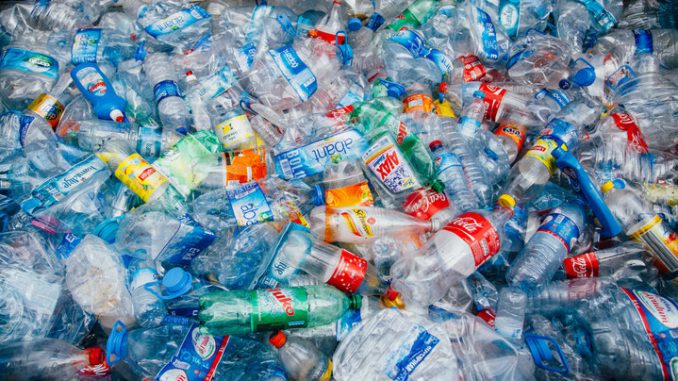
Plastic: A synthetic material made from a wide range of organic polymers such as polyethylene, PVC, nylon, etc., that can be molded into shapes while soft and then set into a rigid or slightly elastic form, or in other words, the average environmentalist’s worst fear.
It is one of mankind’s most innocent weapons, with 300 million tons of deadly matter being produced globally each year. More than 7 million tons of this plastic manage to find their way into our oceans annually. This type of pollution as well as carbon dioxide have affected all organisms living in our oceans. Animals mistake plastic and garbage as food and often suffer a painful death. Plastic is a non degradable material made from nonrenewable elements, therefore, whatever plastic we produce will remain on Earth forever. In another complication, the natural elements we use to create plastic are rapidly disappearing.
This leads to one of the worlds most controversial topics: Should the production of plastic bags and synthetic material be banned?
Sure, this topic has probably been one of those ads that pop up on your Instagram feed and merely gets brushed away with the click a button. Unfortunately, as easy as it is to clear in the virtual world, the real world is stuck with this ongoing complication. In some areas of the world this issue has already been dealt with, seeing as the Bangladesh government was the first to prohibit the use of plastic bags in 2002. Many countries have followed in their footsteps in the banning, but the plastic war still rages on.
The last thing that someone wants is another environmentalist shoving facts down his or her throat, but how else are we supposed to emphasize the damage that the grasp of our greedy human hands are causing? If every plastic material was labeled with the number of turtles that it was killing, would we change? Many would say no simply because they do not wish to step up and take action themselves. In other words, here lies a perfect example of the bystander effect.
One can not sit back and assume others will take up a leading position.
It starts right here and right now; here is your chance to step up and protect our planet from ourselves. Whether it is recycling plastic materials, picking up trash in the community, or simply switching from single use plastic bags to reusable, the change starts with you, the consumer.

